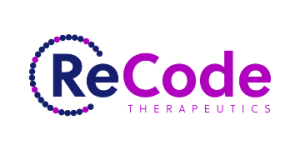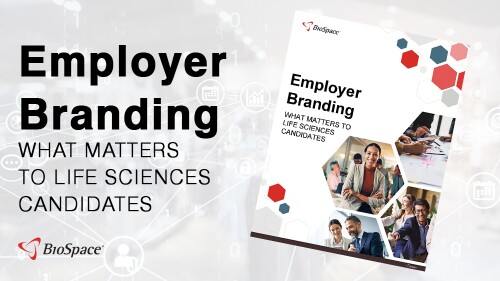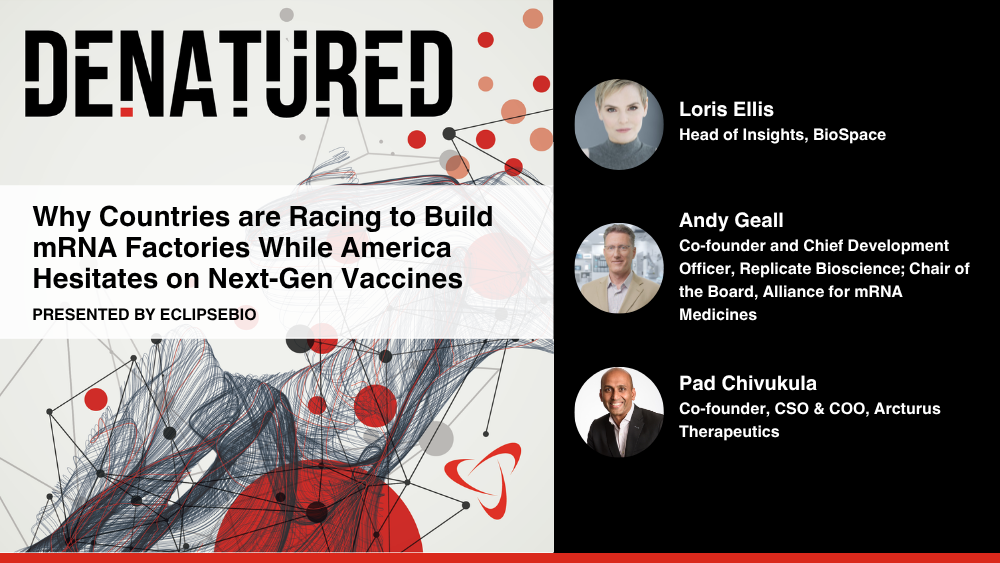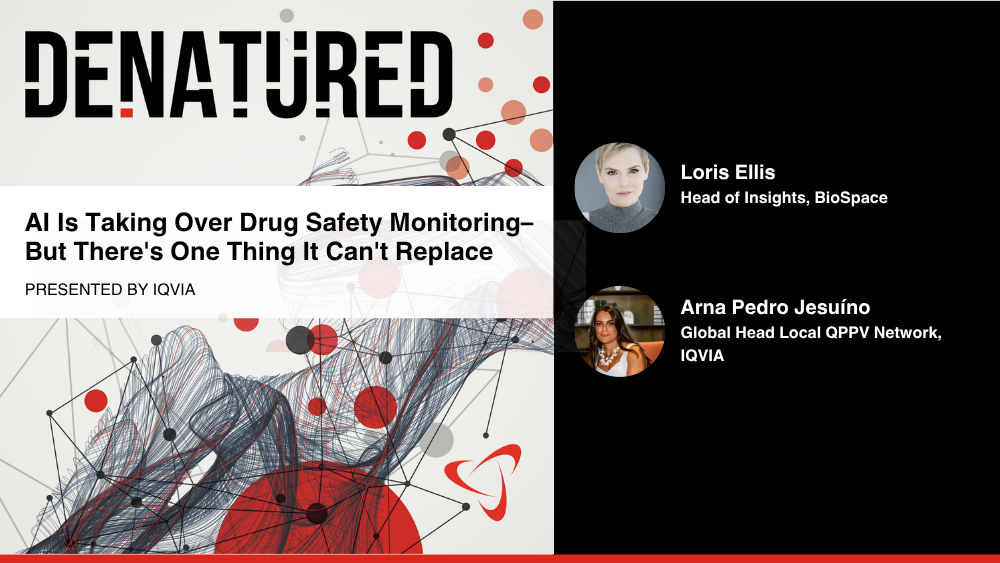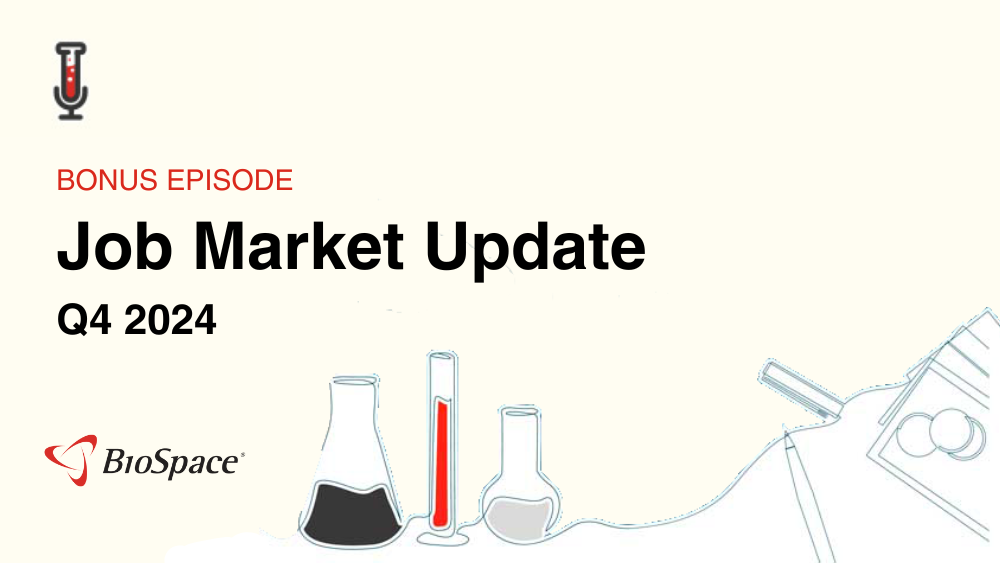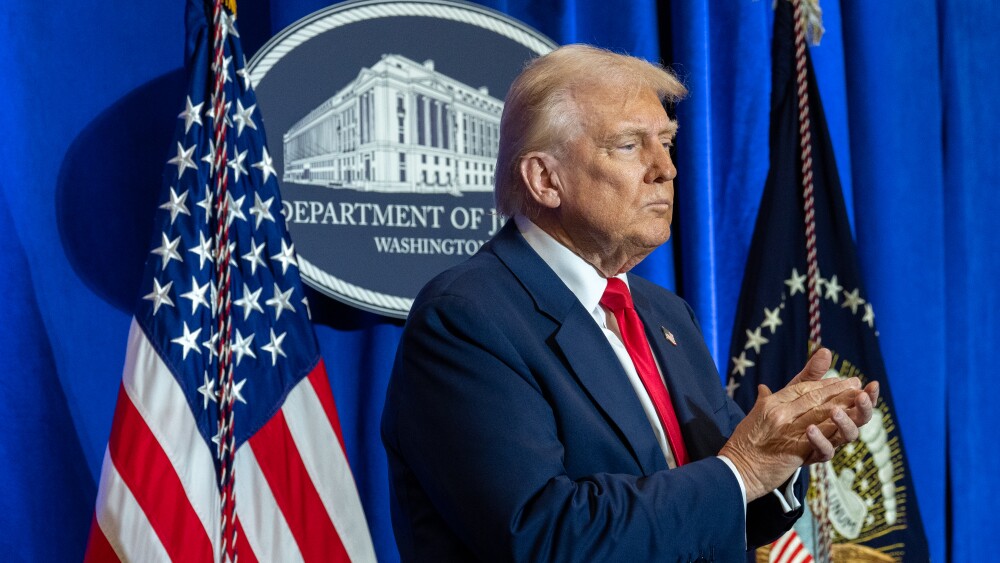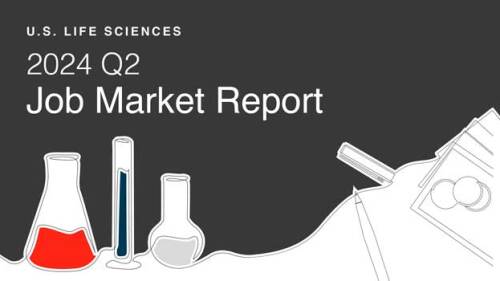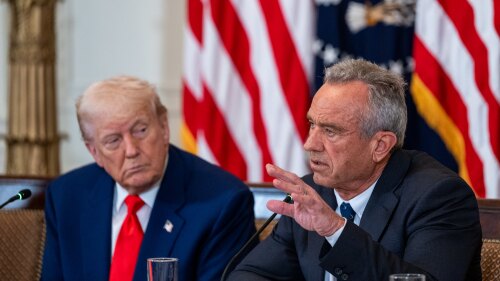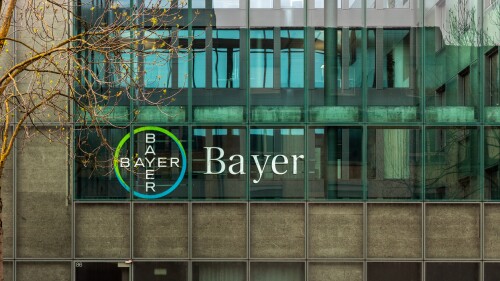Experts unpack the implications of CBER Director Vinay Prasad’s claim that COVID vaccines have caused 10+ child deaths; the 2025 Clinical Trials on Alzheimer’s Disease conference continues following two disappointing readouts; and Novo Nordisk’s amycretin yields promising weight loss results.
With new UK clinical trial rules landing in 2026, the EU Biotech Act on the horizon and China and Australia gaining ground, CROs are zeroing in on study timelines, AI/ML and data privacy as the industry’s next pressure points.
Newly appointed Center for Drug Evaluation and Research director Richard Pazdur has filed retirement papers with the agency—three weeks after accepting the role—amid clashes with Commissioner Marty Makary over certain FDA programs.
With no evidence to support the claim that 10 children died due to COVID-19 vaccines, experts unpack the impact of CBER chief Vinay Prasad’s leaked vaccine memo.
While Imvax’s autologous immunotherapy IGV-001 missed the primary endpoint of progression-free survival in a Phase IIb trial, the company will request a meeting with the FDA to discuss next steps for “synergistic” treatment.
Trontinemab lowered amyloid levels below the threshold of positivity in 92% of treated patients.
FEATURED STORIES
As the industry loses one of its key female leaders in GSK CEO Emma Walmsley, BioSpace profiles the women leading the industry’s smaller biopharmas.
Drug pricing criticism often fixates on a price at a single point in time but drug pricing is never static.
Cell and gene therapy experts question where the FDA designation fits in an environment that features a range of intersecting regulatory perks.
As industry leaders gather at the annual event in Phoenix, the cell and gene therapy space remains in a state of flux, with M&A activity and regulatory support signaling momentum while commercialization challenges continue to hinder broader investor interest.
Smarter design through targeted delivery and human-relevant testing can save the industry from costly safety failures.
While Bruton’s tyrosine kinase inhibitors are often hailed as the next big breakthrough in multiple sclerosis, Immunic Therapeutics and others are leveraging neuroprotective targets and remyelination to keep the disease at bay.
LATEST PODCASTS
In this episode presented by Eclipsebio, BioSpace’s head of insights Lori Ellis continues the discussion on mRNA and srRNA with Andy Geall of Replicate Bioscience and Alliance for mRNA Medicines and Pad Chivukula of Arcturus Therapeutics.
In this episode presented by IQVIA, BioSpace’s head of insights Lori Ellis discusses the evolving role of local qualified persons for pharmacovigilance with Ana Pedro Jesuíno, global head local QPPV network at IQVIA.
Around 3,500 FDA employees received termination emails; FDA Commissioner Marty Makary suggests lowering industry user fees and tying review times to drug prices; the regulator opens its trove of complete response letters in the name of transparency; and two companies receive rejections for rare disease therapies.
Job Trends
Looking for a biopharma job in New Jersey? Check out the BioSpace list of eight companies hiring life sciences professionals like you.
Subscribe to GenePool
Subscribe to BioSpace’s flagship publication including top headlines, special editions and life sciences’ most important breaking news
SPECIAL EDITIONS
In this deep dive, BioSpace investigates China’s rise as a biotech powerhouse.
In this deep dive, BioSpace explores the next big thing in obesity.
BioSpace did a deep dive into biopharma female executives who navigated difficult markets to lead their companies to high-value exits.
DEALS
-
Vertex Pharmaceuticals commits $45 million upfront to leverage Enlaza Therapeutics’ War-Lock platform to create drug conjugates and T cell engagers for autoimmune diseases and gentler conditioning for sickle cell/beta thalassemia gene-editing therapy Casgevy.
-
Novartis is licensing ARO-SNCA, a preclinical siRNA therapy for synucleinopathies, a group of neurodegenerative disorders including Parkinson’s disease.
-
If the trend holds, IQVIA expects 2025 deal volume between Chinese and multinational companies to easily eclipse the 100 agreements signed in 2024.
-
The deal extends AbbVie’s commitment to the psychedelics space and depression, after emraclidine’s high-profile flop in schizophrenia last November.
-
Patients who are prescribed Wegovy or Ozempic can now use GoodRx to access the medications at just $499 a month if they skip insurance. This is not the first time Novo has partnered with a pharmacy to offer the blockbuster drugs.
WEIGHT LOSS
-
As Novo Nordisk cuts 9,000 people from its organization in a restructuring effort, BioSpace looks back on the Danish pharma company’s rise.
-
This week’s release of the Make America Health Again report revealed continued emphasis on vaccine safety; Health Secretary Robert F. Kennedy Jr.’s faceoff with senators last week amounted to political theater; the FDA promises complete response letters in real time and shares details on a new rare disease framework; and Summit disappoints at the World Conference on Lung Cancer in Barcelona.
-
Suddenly one obesity asset has come to define Amgen but executives see a fuller portfolio that will bring the big biotech into the future.
-
While a win for consumers, the regulatory action did nothing to stem the manufacture of compounded versions of the popular obesity drugs that are made by Novo Nordisk and Eli Lilly. In fact, the FDA seems to be signaling that “some level of compounded product is acceptable,” according to BMO Capital Markets.
-
The World Health Organization’s Essential Medicines list guides high-level procurement and coverage decisions for over 150 countries.
POLICY
-
Albert Bourla heralded the president’s COVID-19 leadership and Operation Warp Speed initiative as a Nobel Prize–worthy achievement and said that Pfizer stands by the integrity of the data already shared.
-
In an opinion piece in the Wall Street Journal, Health Secretary Robert F. Kennedy Jr. said he will roll chronic disease programs into a new Administration for a Healthy America.
-
Paul Offit, longtime member of the FDA’s vaccine advisory committee and an outspoken critic of Health Secretary Robert F. Kennedy Jr., was recently informed by the Department of Health and Human Services that his services are no longer required.
-
While trade groups hail the executive order as a national health security opportunity, analysts warn that production costs could go up in the near term.
-
During the COVID-19 pandemic, Health Secretary Robert F. Kennedy Jr.—along with FDA Commissioner Marty Makary and CBER Director Vinay Prasad—argued against vaccine mandates, partly because they limited medical choice. This week, the FDA under their leadership approved updated COVID-19 vaccines with restrictions that do the same.
Looking for an automation engineer job? Check out these seven companies hiring life sciences professionals like you.
Learn five ways to answer difficult interview questions so you can leave the best impression possible on your potential employer.
Three executives whose combined careers include working at companies including Amgen, AstraZeneca, The Janssen Pharmaceutical Companies of Johnson & Johnson, Pfizer and Takeda share their career journeys.
This week, Carina discusses how to transition into a career in biotech when you don’t have lab experience. Plus, handling difficult interviews and getting a “dry” promotion.
A recent legal decision could signal the ultimate demise of the FTC’s final rule banning most noncompete clauses. A biotech talent expert discusses how that affects biopharma job searches.
For the second quarter of 2024, there were 25% fewer jobs posted live on BioSpace compared to the same quarter of 2023. The year-over-year job response rate rose from 14.6% to 15.3%.
HOTBEDS
IN CASE YOU MISSED IT
Saol Therapeutics received a complete response letter for its pyruvate dehydrogenase complex deficiency treatment a week after the FDA unveiled its Rare Disease Evidence Principles program. On Dec. 18, in a Type A meeting, the biotech will attempt to convince the agency that its drug fits perfectly into the framework.
REPORTS
In this Employment Outlook report, BioSpace explores current workforce sentiment, job activity trends and the prospective job and hiring outlook for 2025, particularly as it compares to the previous year.
BioSpace’s third report on diversity, equity, inclusion and belonging in life sciences examines dramatic shifts in attitude around diversity initiatives.
CANCER
-
The platform strategy of using one molecule to target an underlying biological pathway to address many different diseases can be a goldmine for smaller companies. But it also has a unique set of challenges.
-
VantAI will use its machine learning capabilities to identify novel target-effector pairs that Halda can use in designing its bifunctional small-molecule drugs.
-
The Department of Health and Human Services’ mRNA pullback only applies to their use in upper respiratory disease, according to Secretary Robert F. Kennedy Jr.
-
After two patients who received the investigational CDC7 blocker died, pushing forward with SGR-2921’s development would be “difficult,” according to Schrödinger, whose stock dropped 17.5% before the opening bell on Thursday.
-
For $1.3 billion in aggregate—including upfront and milestone payments—Bayer will get exclusive global access to Kumquat Biosciences’ small-molecule KRAS G12D blocker.
NEUROSCIENCE
-
While the approval of Leqembi Iqlik bodes well for Biogen and Eisai’s planned application for a subcutaneous induction regimen next year, its financial impact remains “uncertain,” as potentially higher revenues from the injection could be offset by steeper costs of production, according to Jefferies.
-
After a demoralizing period punctuated by the withdrawal of one of the few marketed therapies for ALS, investment in new biotechs, state-backed collaborative initiatives and buzz at BIO2025 suggest a new day in drug development for one of medicine’s most intractable diseases.
-
In another blow to Prothena’s neurodegenerative disease portfolio, anti-amyloid candidate PRX012 has run into the same problem that larger peers Biogen and Eli Lilly have battled: high rates of swelling in the brain.
-
AMX0035—approved as Relyvrio in 2022 for amyotrophic lateral sclerosis but voluntarily pulled from the market last year—was unable to distinguish itself from placebo in a mid-to-late-stage trial of progressive supranuclear palsy.
-
Novartis has bet up to $772 million to gain access to BioArctic’s BrainTransporter platform, which was leveraged in a partnership with Eisai to produce Leqembi.
CELL AND GENE THERAPY
-
From innovation in manufacturing to more-flexible regulation and better communication with payers, much needs to happen to make CGTs commercially viable. But it is possible, experts agreed at a recent panel.
-
The primary focus in scaling up production should first be the adoption of lean manufacturing principles used in virtually every other industry.
-
The pivotal Phase II trial is testing Allogene’s CAR T candidate cemacabtagene ansegedleucel for large B-cell lymphoma. ALLO-647 was being used as a preparative lymphodepletion therapy.
-
The FDA greenlit multiple new drugs this month and issued some notable label expansions, including for Eli Lilly’s Kisunla. Meanwhile, the regulator turned away a cell therapy for Duchenne muscular dystrophy and a gene therapy for the rare disease Sanfilippo syndrome.
-
As analysts parsed news of Vinay Prasad’s ouster, worries over drug approval delays, cell and gene therapy impacts and more were top of mind.

















































